
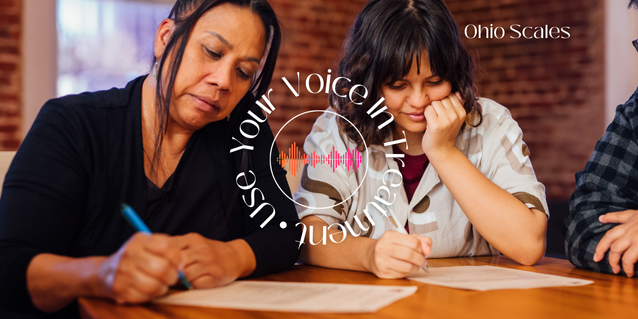
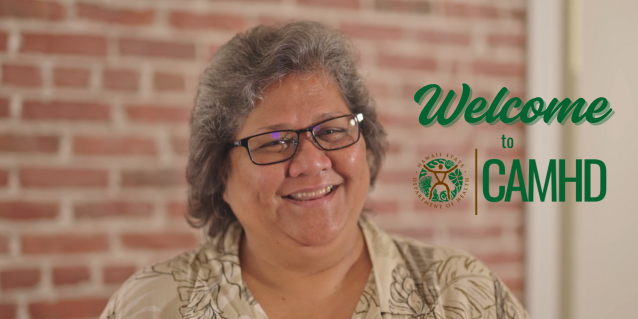

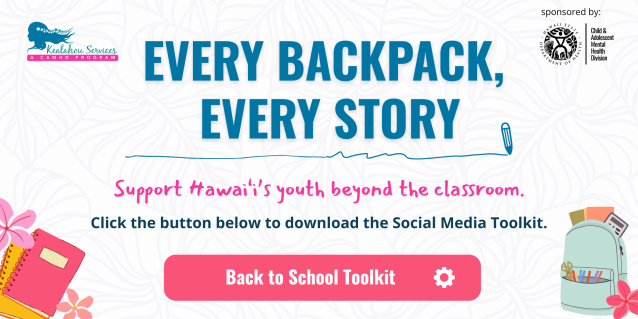
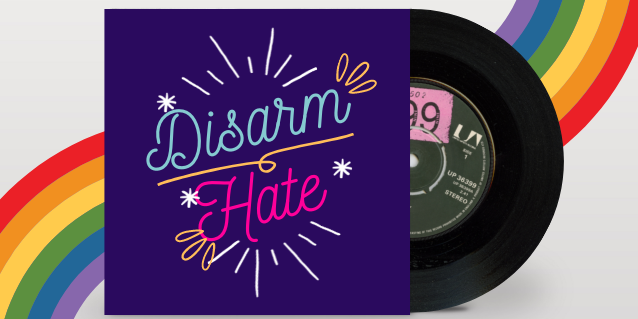
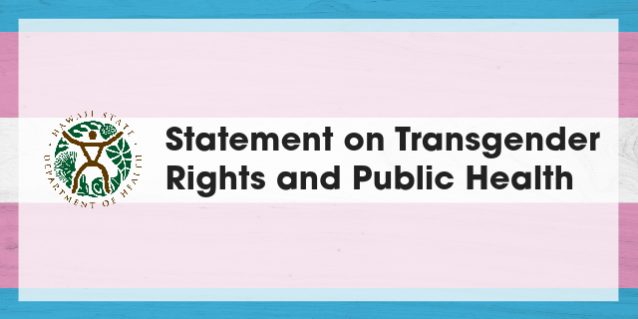
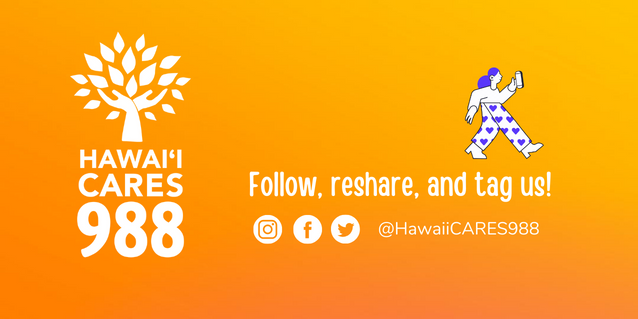
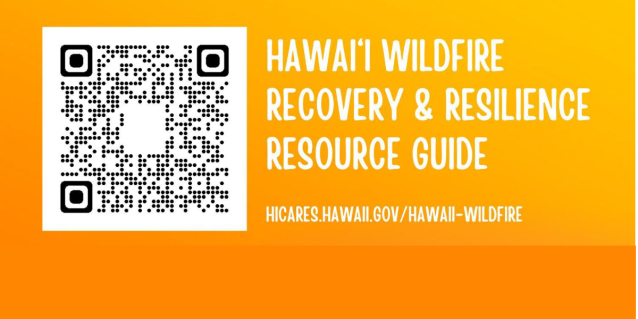
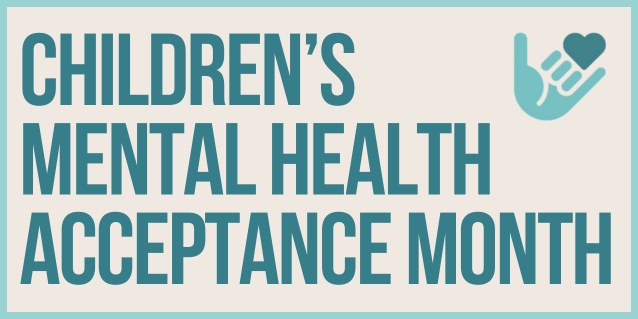
COVID-19 Memos & FAQs
This page has been archived
For the latest guidance, visit the Hawaiʻi State DOH Respiratory Viruses page.
+++
The health and safety of you, our staff and clients are our utmost priority. Thus, the Behavioral Health Administration (BHA) is closely monitoring the latest developments of COVID-19 and has begun to prepare for all possibilities. You can find more information related to these topics and others on the Behavioral Health and Homelessness Statewide Unified Response Group (BHHSURG) website. Please check back regularly.
Service-Related Questions, Answers, & Instructions
Can we use telehealth for Initial Mental Health Evaluations?
Yes. The CAMHD is encouraging telehealth as the default method for conducting IMHEs. If possible, we would like the family to stay at home while the IMHE interview is happening. Providers should inform families of the risks and benefits of using telehealth. The risks include that clinical important information could be missed due to not being physically present with the clinician. The CAMHD believes that for most cases telehealth will not impact the ability of the clinician to obtain the most important information during a virtual IMHE. The CAMHD also believes that most clients can be safely assessed from an IMHE from their homes or other community locations so coming into the family guidance center is not necessary in most cases.
Does the CAMHD have a recommendation for what should be included in a telehealth consent form?
A conventional consent form for services is required for all treatment. Telehealth can be added as a service modality to your existing form. Sample: “The family agrees to services offered via telehealth, defined as secure video and audio, in addition to in-person sessions.”
Can we replace in-person sessions with telehealth sessions (UPDATED 3/20/20)?
Yes. Your therapists and programs can DEFAULT to telehealth sessions for all in-home services. Your family guidance centers have been instructed to approve this service method across the board. If the therapist or family guidance center has concerns about using telehealth (e.g., lack of technological resources, poor internet), the treatment team should discuss those concerns together. For clarification on Secure video services for telehealth, it is CAMHD’s standard to use a secure platform that is under a HIPAA BAA with the service provider. For example the DOH has a BAA covering services for telehealth via Zoom. We are most concerned about providing services to youth in this time of crisis.
Using: Zoom, Teams, Webex, GoToMeeting, Vidyo, and similar services is permitted, under a signed BAA with the service and encrypted settings configured. Under CAMHD contracts the requirement is for all therapists in one provider agency to use one standard platform. This is for training & ensuring all therapists support youth and families the same way in telehealth.
As an added clarification on a temporary basis during this Covid19 crisis, CMS issued further guidance that Facetime and Skype may be permitted at the present time, however not permanently.
Please reference:
- COVID-19 & HIPAA Bulletin Limited Waiver of HIPAA Sanctions and Penalties During a Nationwide Public Health Emergency
- HIPAA for Professionals & Emergency Preparedness
- Medicare Coverage and Payment of Virtual Services
Is there a simple way you to explain when we can bill for a phone call?
Updated temporary guidance for telephone calls with affected families:
- Providers need to make every effort to conduct services via telehealth.
- Telehealth is defined as audio + video sessions, for Medicaid billing of healthcare services.
- Should providers be able to reach families and youth via phone calls, and telehealth is not possible (customers without smartphones or other youth circumstances), limited audio- only services are temporarily permitted.
- Providers must document all services, and the specific reasons for audio phone calls and not telehealth in the first phone call service note. All services still must be completely documented in DAP note format.
- Service notes must be entered in MAX as “Telehealth = Yes”, and “Audio-Only = Yes”** (** CAMHD will notify providers once this field is added in the next week). These notes must also include filling out the “Provider site” & “Client site” details. Providers sending batch notes will need to enter these Audio-Only notes on the MAX Portal.
- Services rendered via telephone are subject to additional CSO restrictions and/or limits. (CSO will monitor for appropriateness all notes exceeding 6 units.
- CAMHD is to reimburse for these services without federal match from Medicaid.
For Out-of-Home Program, can we limit family visits to telehealth sessions only?
Yes. We encourage programs to default to telehealth sessions and defer to your program’s policies and procedures regarding this issue.
For out-of-home placements (residential programs and transitional family homes), what do we do if a youth test positive for COVID-19?
Responses to this situation will vary depending on the program, the youth involved and the situation in the community. In any case, please let the CAMHD know if any resident or staff at your location tests positive for COVID-19. Programs need to begin to consider the possibility that a youth infected with COVID-19 may need to remain in the out-of-home placement. This would require the staff to isolate the youth and takes steps to mitigate the spread of infection within the program, much as we already do when a resident in a program contracts a typical cold or flu. Movement of staff in and out of the facility could be reduced and some staff may want to pack an overnight bag with them in case they need to stay over at the program longer than anticipated. It could also be possible that if the virus spreads widely, there may be too few staff willing and able to come to work to keep the program running safely. In this case, the program may need to close for some time and we would work to find safe dispositions for the youth. Now is the time to discuss how you would handle various scenarios. It also should be stated that parents can opt-out of voluntary treatment at any time and the state or federal government could also step in to make decisions for us that are in the best interest of the community at large. As you can see, we are suggesting that programs prepare for a wide variety of outcomes.
Will the Therapeutic Crisis Homes (TCH) or the Transitional Family Homes (TFH) be asked to stop accepting youth?
At this time, we plan to keep services open and available as widely as possible. We do not anticipate asking the TCH or the TFH programs to stop accepting youth.
Will residential programs continue to have DOE schooling?
Residential schools will continue to be on leave through 4/6/20. DOE reports that they are working on plans to offer virtual instruction after that.
Will spring break be extended for CBR/HBR Programs as it has been for DOE Schools?
We have reached out to our DOE point-of-contact and will update you as soon as we know more.
How is client travel affected by COVID-19?
All CAMHD and client travel is suspended until further notice, with the exception of travel for placement or discharge – which requires approval by the Director of Health. At this time, we cannot authorize home passes or therapeutic treatment visits and it is advised those be done over video.
How will CWS workers continue their work with families?
As of late yesterday, CWS workers have been instructed to arrange all visitations via telecommunications.
Last reviewed on October 18, 2022 | Archived on March 28, 2024
